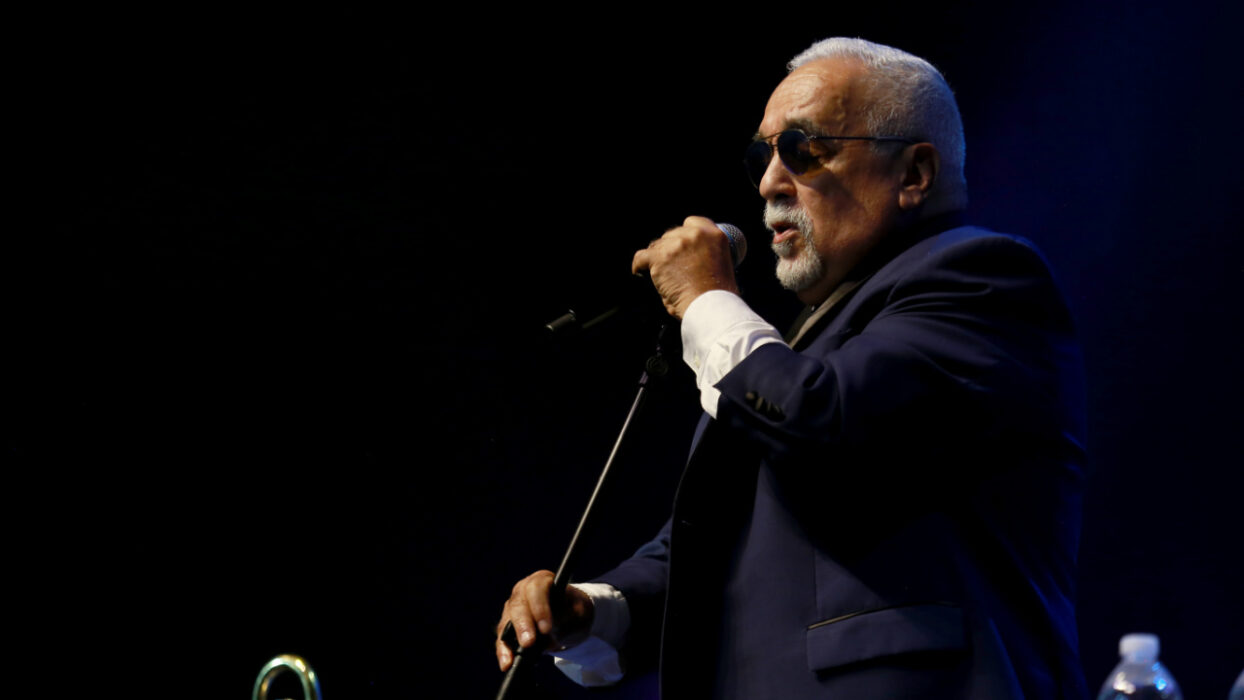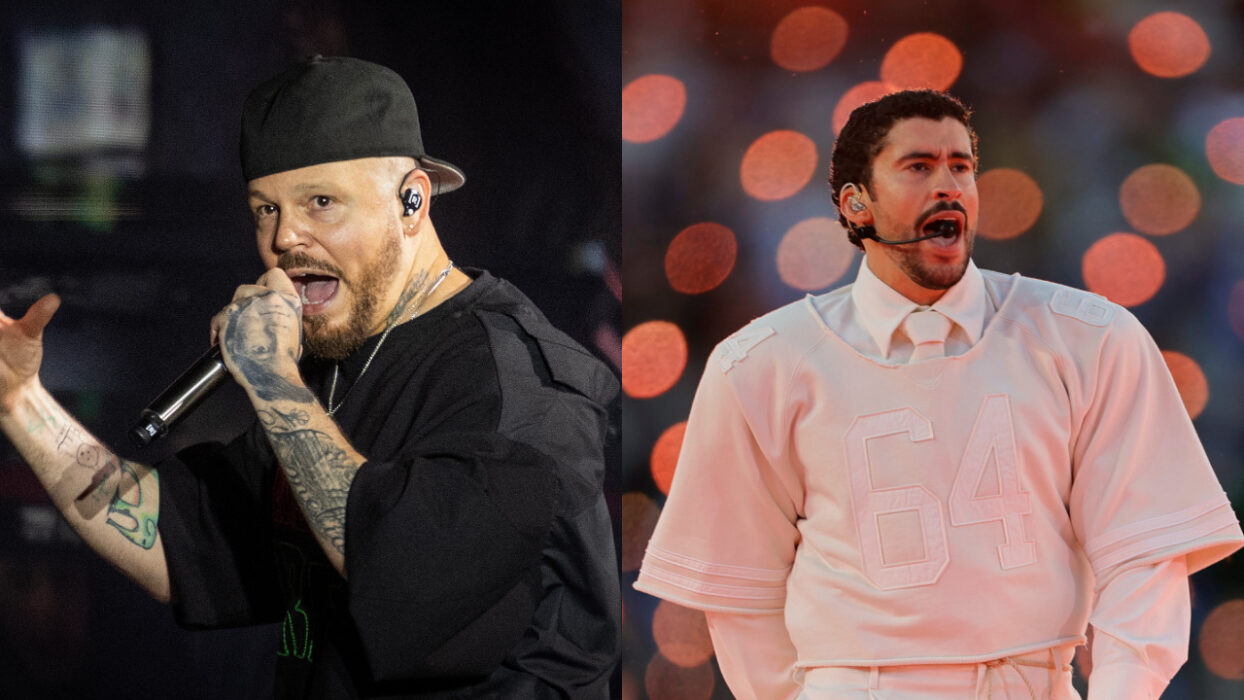
Los Alegres del Barranco Just Got Canceled by the U.S. Government—Here’s Why
The regional Mexican band Los Alegres del Barranco is at the center of an international controversy after the U.S. State Department revoked their work and tourist visas, halting their upcoming U.S. tour. According to multiple reports, the decision comes after the group projected imagery of cartel leader Nemesio “El Mencho” Oseguera Cervantes during recent concerts in Mexico.
What Happened at the Concert That Got Los Alegres del Barranco in Trouble?
During a March 29 show at the Auditorio Telmex in Guadalajara, Los Alegres del Barranco performed their song “El Dueño del Palenque.” Meanwhile, an illustrated image of El Mencho appeared on a mega-screen. The song itself makes veiled references to the Jalisco New Generation Cartel (CJNG). U.S. and Mexican authorities classify it as one of the most violent drug cartels in the world.
The same performance was repeated days later in Uruapan, Michoacán, where the band again projected El Mencho’s face on-screen while performing the same corrido. The crowd cheered. The backlash was swift.
The U.S. State Department Responds to Los Alegres del Barranco
On April 2, Deputy Secretary of State Christopher Landau announced via X (formerly Twitter) that the State Department had officially canceled the band’s visas.
“I’m a firm believer in freedom of expression, but that doesn’t mean that expression should be free of consequences,” Landau wrote. “Los Alegres del Barranco portrayed images glorifying drug kingpin ‘El Mencho’ — head of the grotesquely violent CJNG cartel — at a recent concert in Mexico. I’m pleased to announce that the State Department has revoked the band members’ work and tourism visas.”
The band had been scheduled to kick off their U.S. tour in Tulsa, Oklahoma, on April 4, with shows in Austin, Fresno, Morgan Hill, and Pico Rivera also on the calendar. As of now, ticket sites list those shows as unavailable.
Mexican Officials Also Condemn Los Alegres del Barranco
Mexico’s President Claudia Sheinbaum also weighed in. During her March 31 press conference, she said, “That shouldn’t happen. It’s not right. You can’t apologize for violence nor for criminal groups.”
Jalisco Governor Pablo Lemus was even more direct. In a social media post, he said that outrage over the incident was “not enough” and that the band and producers would be summoned to testify.
The Jalisco State Prosecutor’s Office launched an investigation into possible “apología del delito” — the glorification of crime — which could result in up to six months in prison.
Los Alegres del Barranco Release a Statement
On April 2, the band broke their silence. In a statement posted to their social media, Los Alegres del Barranco wrote:
“We want to offer our sincerest apologies for what happened during our performance. As a musical group, it was never our intention to generate controversy, much less cause offense.”
They acknowledged the responsibility they have as public figures and emphasized that their music is meant to tell popular stories within Mexican music traditions.
“We deeply regret that part of the show was perceived as offensive or inappropriate. We will take more rigorous measures regarding the visual and narrative content of our performances.”
Why Los Alegres del Barranco’s Imagery Hit a Nerve
The performance in Guadalajara occurred just 60 kilometers from the Izaguirre Ranch, an alleged CJNG training and extermination site, where authorities recently found bone fragments, clothing piles, and even ovens.
The timing, paired with the national trauma of ongoing cartel violence, ignited widespread backlash.
To make matters worse, this isn’t the first time Los Alegres del Barranco have praised criminal figures. Their song “The 701” references El Chapo Guzmán and his Forbes ranking, framing him as wealthy and beloved.
A Larger Debate About Narcocorridos
The incident has reignited debate over narcocorridos, a subgenre of regional Mexican music that narrates and sometimes romanticizes the lives of drug lords. These songs have gained international popularity, especially among Mexican-American audiences, but they often provoke controversy.
The band’s decision to project El Mencho’s image comes just weeks after Natanael Cano praised him during a Jalisco concert. According to EFE, this controversy is unfolding against a larger crackdown: the Trump administration recently designated CJNG and seven other criminal groups as foreign terrorist organizations.
Some Mexican states, like Nayarit, have already banned public performances of narcocorridos. Others are considering similar measures.
What’s Next for Los Alegres del Barranco?
Although the band has issued a public apology and committed to adjusting their shows, the fallout continues. According to El Universal, their performances in the U.S. are effectively paused, and state prosecutors in Jalisco and Michoacán are now investigating them.
Whether or not the band will face criminal charges remains to be seen. Still, the message from both the U.S. and Mexican governments is clear: glorifying cartel leaders on stage isn’t just controversial—it comes with real-world consequences.




